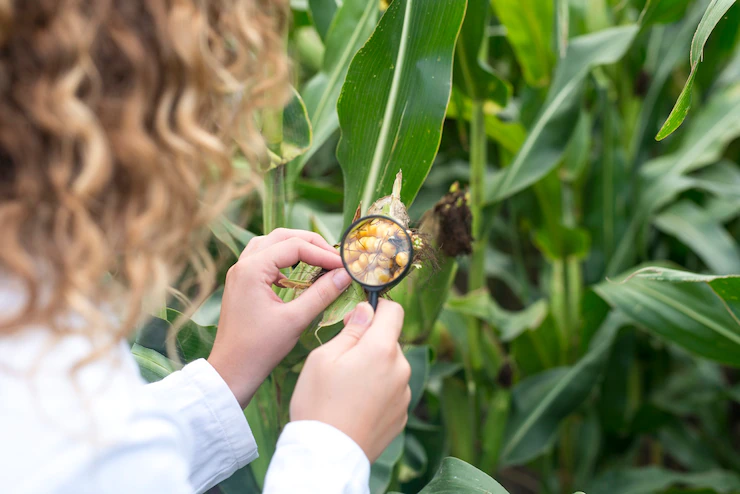Innovation and research play a crucial role in the development of agroprocessing. Agroprocessing refers to the transformation of agricultural produce into value-added products such as processed foods, beverages, textiles, and biofuels. By leveraging innovation and research, agroprocessing can become more efficient, sustainable, and economically viable.
Here are some key ways in which innovation and research contribute to agroprocessing development:
- Product Development: Innovation and research help in the development of new and improved agroprocessing technologies, methods, and techniques. This includes the development of processing equipment, preservation methods, packaging solutions, and quality control systems. These advancements enable the creation of new products, improvement of existing products, and the ability to meet changing consumer demands.
- Value Addition: Agroprocessing adds value to raw agricultural commodities by converting them into processed products. Innovation and research help identify opportunities for value addition and develop processes to extract maximum value from agricultural resources. For example, research may focus on developing techniques to extract high-value compounds from agricultural by-products or developing new food products with enhanced nutritional profiles.
- Quality and Safety: Innovation and research contribute to improving the quality and safety standards of agroprocessed products. This includes research on food safety, shelf-life extension, sensory evaluation, and quality assurance methods. By adopting innovative technologies and research-driven practices, agroprocessors can ensure that their products meet the highest standards of quality, hygiene, and safety.
- Efficiency and Sustainability: Innovation and research help agroprocessors optimize their production processes, reduce waste, and improve resource efficiency. This can involve the development of energy-efficient technologies, waste management systems, water conservation methods, and sustainable packaging solutions. By incorporating sustainable practices, agroprocessing can minimize its environmental impact and contribute to a more sustainable and circular economy.
- Market Competitiveness: Innovation and research provide a competitive edge to agroprocessors in the global market. By continuously investing in research and development, agroprocessors can stay ahead of the curve, identify emerging trends, and develop products that meet changing consumer preferences. This enables them to expand their market share, create new business opportunities, and drive economic growth in the agroprocessing sector.
- Collaboration and Knowledge Sharing: Innovation and research thrive in an environment of collaboration and knowledge sharing. By fostering partnerships between agroprocessors, research institutions, universities, and government agencies, valuable expertise and resources can be pooled together. This collaboration facilitates the transfer of knowledge, technology, and best practices, leading to accelerated agroprocessing development.
In conclusion, innovation and research are instrumental in driving the development of agroprocessing. They enable the creation of new products, improve quality and safety standards, enhance efficiency and sustainability, and contribute to market competitiveness. By embracing innovation and investing in research, agroprocessors can unlock new opportunities, maximize value addition, and contribute to the growth and transformation of the agricultural sector.







